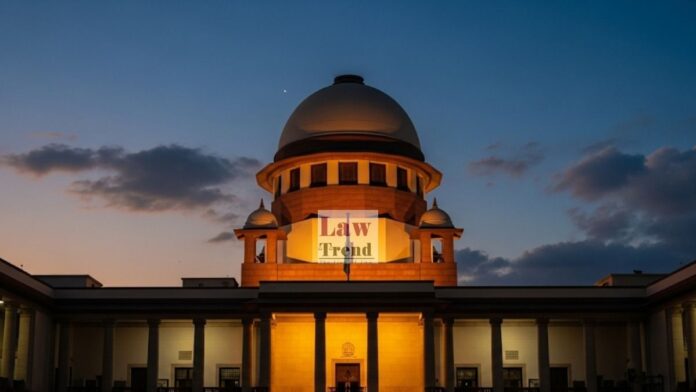The Supreme Court of India, in a judgment dated October 29, 2025, has set aside an order of the High Court that directed the Nagpur Municipal Corporation to grant a compassionate appointment. The apex court held that under Section 108 of the Indian Evidence Act, 1872, a person missing for seven years is presumed dead
To Read More Please Subscribe to VIP Membership for Unlimited Access to All the Articles, Download Available Copies of Judgments/Order, Acess to Central/State Bare Acts, Advertisement Free Content, Access to More than 4000 Legal Drafts( Readymade Editable Formats of Suits, Petitions, Writs, Legal Notices, Divorce Petitions, 138 Notices, Bail Applications etc.) in Hindi and English.




